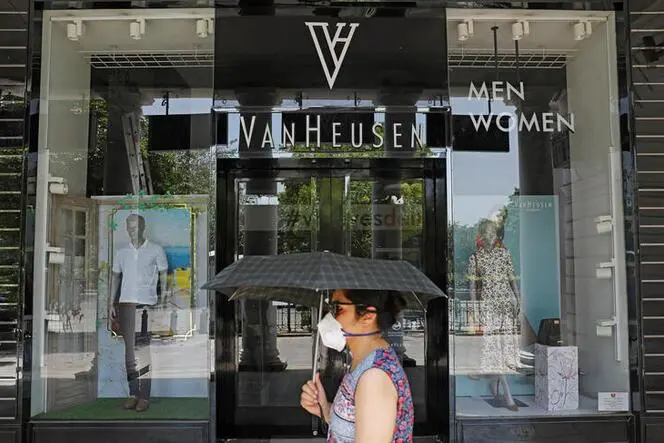PHOTO
NEW YORK - Who knew mall owners could be so creative? Brookfield Asset Management , one of the largest in the United States, is launching a fund that will invest directly in challenged retailers. As more store chains and department stores hurtle towards bankruptcy, the $50 billion Canadian firm’s plans provide a blueprint for how property owners such as Simon Property and Macerich can navigate their way through retail’s ructions.
The sector was already in a heap of trouble before the coronavirus hit and forced stores to shutter doors. The pandemic merely accelerated those woes. Restrictions brought some retailers’ revenue to zero. Moody’s reckons that clothing and footwear peddlers’ recovery won’t take shape until next year, and even then, earnings will be 15% to 35% below pre-pandemic results.
That directly affects the real-estate owners that have retailers as tenants. Now more than one third, or roughly 400 U.S. malls out of 1,200, are at risk of closing, forecasts Cowen. That is because rent is one of retailers’ top expense, and when big tenants like Neiman Marcus, J. Crew, and J.C. Penney go bankrupt, lease payments will come under pressure.
Rent deferrals provided some aid. But Brookfield has another tack that mall owners may follow. It launched a $5 billion fund that takes equity stakes in, and offers loans to, retail customers. This ensures tenants can cough up rent, and positions the firm to cherry-pick certain assets, say warehouses, for collateral. The idea predated Covid-19: Brookfield was part of a consortium of buyers alongside Simon Property that bought fast-fashion chain Forever 21 after it went belly up.
Landlords will have more incentive to give customers like department stores more flexible terms. Leases tied to sales – as opposed to set amounts – will become more common. Mall owners and retailers will work together to capture the benefits of the surge in e-commerce shopping, by dedicating parts of the physical space to processing in-person returns, for example, and curbside pickups. That could help reduce shipping costs, boosting margins. If Brookfield and others use this to their advantage, better bottom lines will trickle up.
CONTEXT NEWS
- Brookfield Asset Management announced on May 7 the launch of the Retail Revitalization Program. The $5 billion fund will focus on retail businesses that have $250 million or greater in normalized revenue and have been operating for at least two years.
- Nordstrom reported on May 28 that sales for its first quarter, which ended on May 2, declined 40% year-over-year.
- Macy’s on May 21 released preliminary first-quarter results that forecast revenue will fall about 45% year-over-year and an operating loss of $900 million at the high end of the range. The company notified its banking partners of plans to access additional capital.
- J.C. Penney filed for bankruptcy protection on May 15 following Neiman Marcus and J. Crew.
(Editing by Lauren Silva Laughlin and Amanda Gomez)
© Reuters News 2020




















